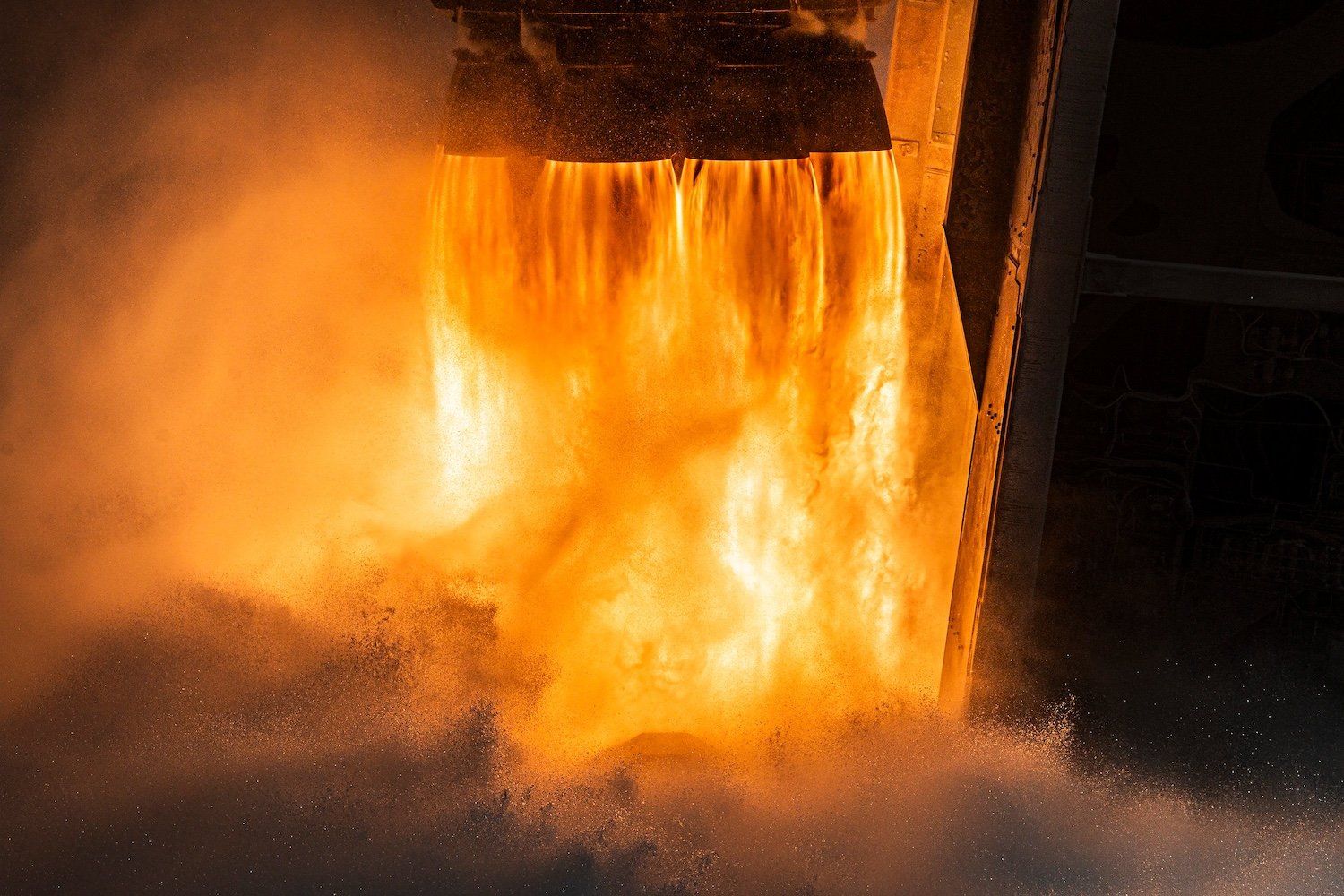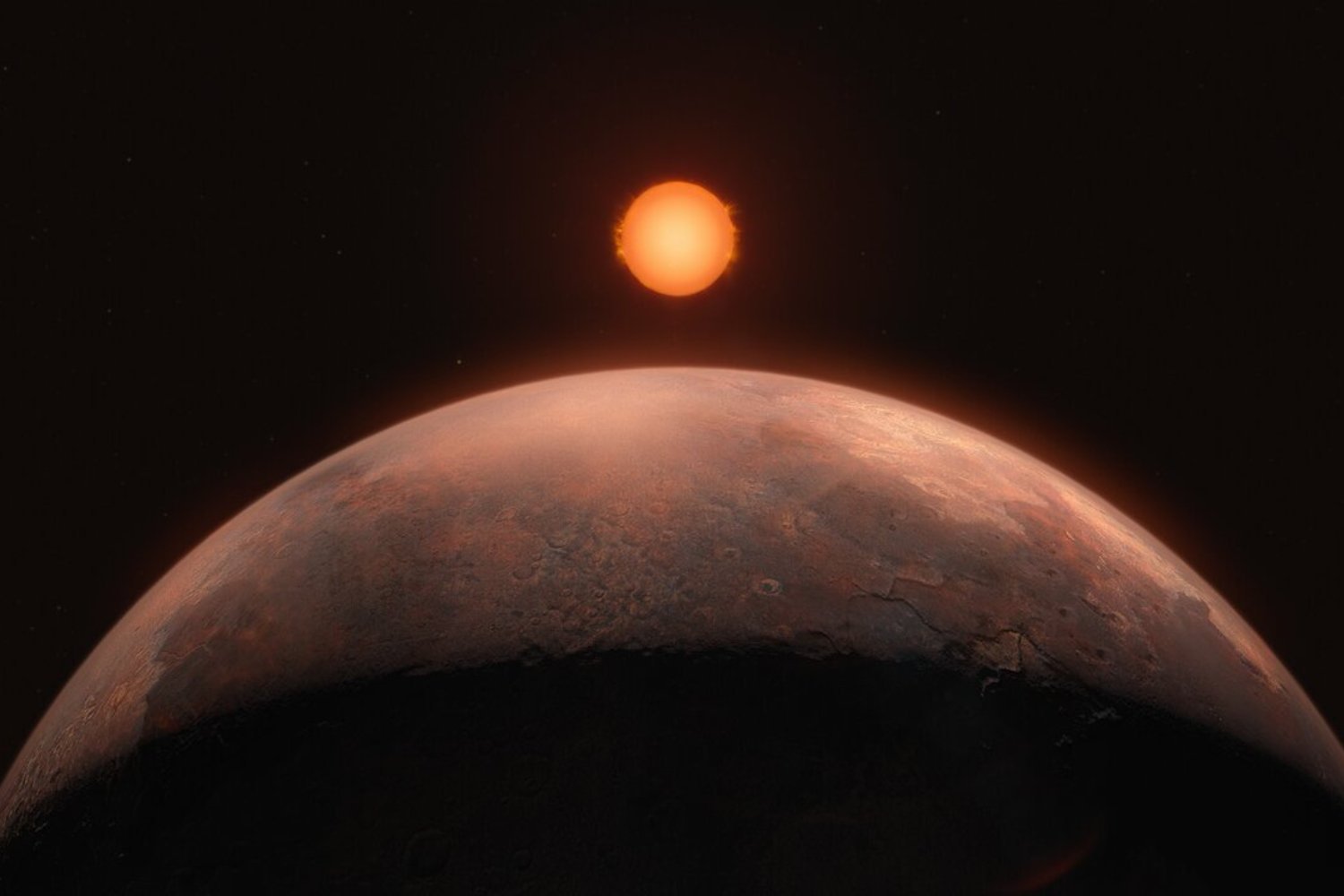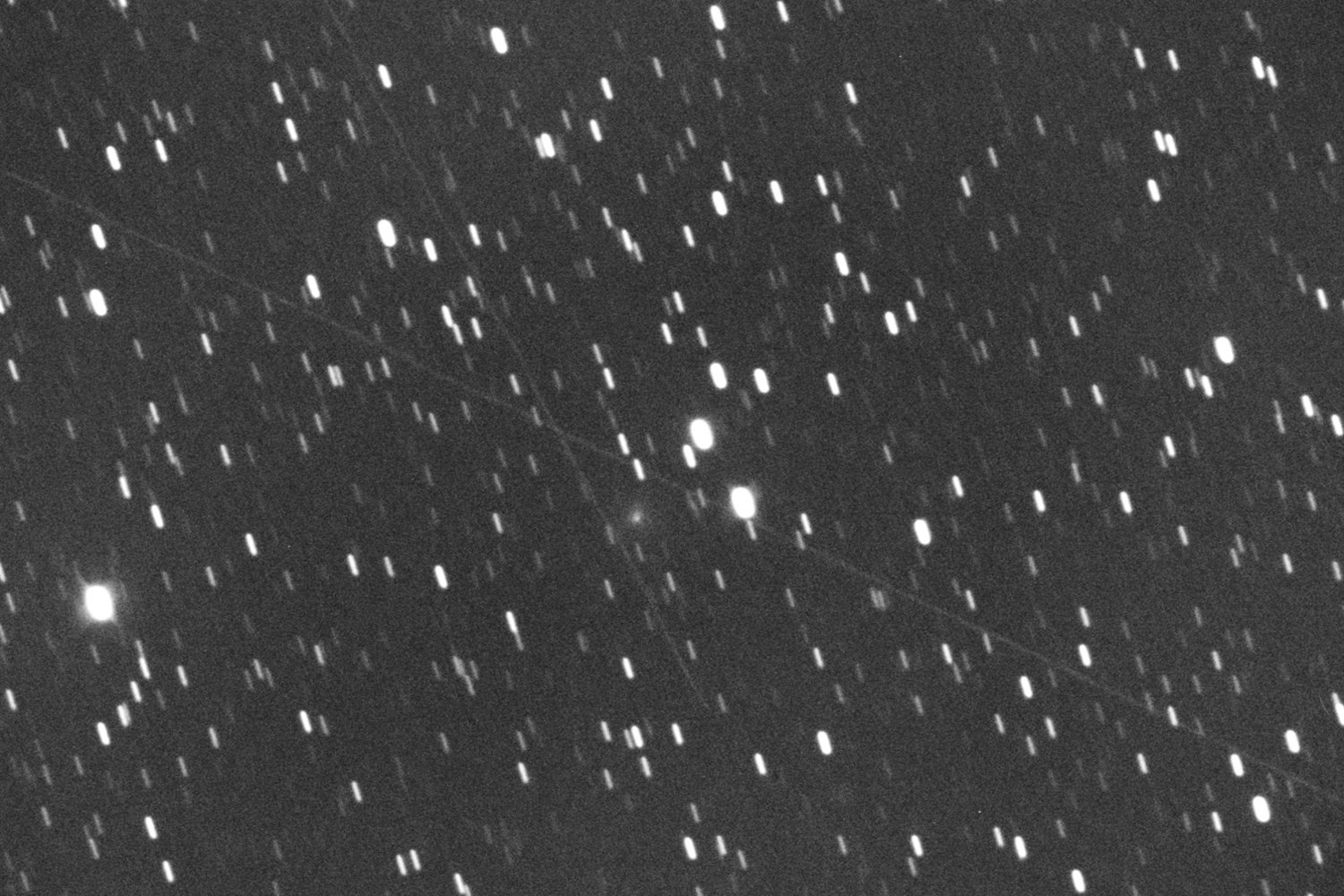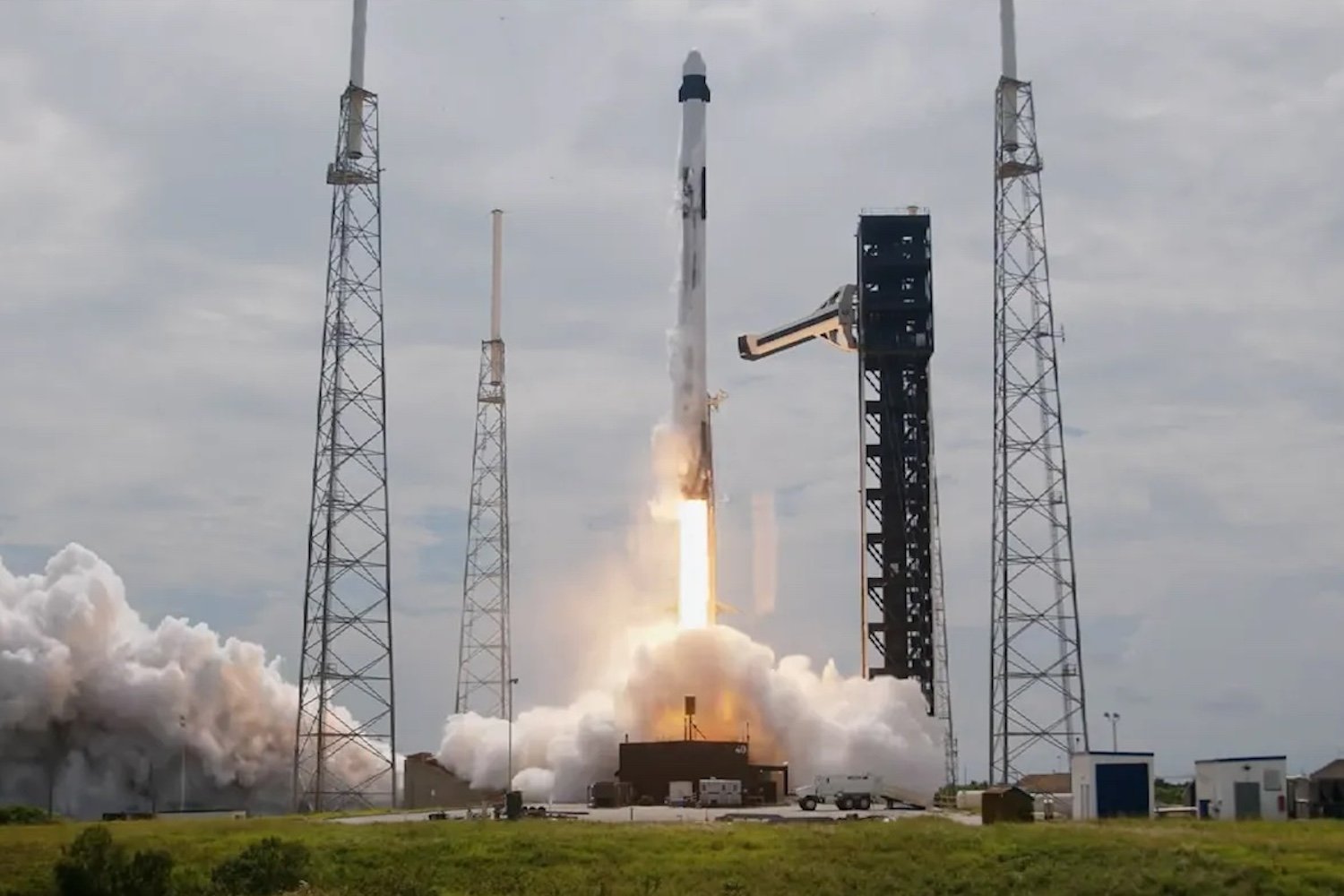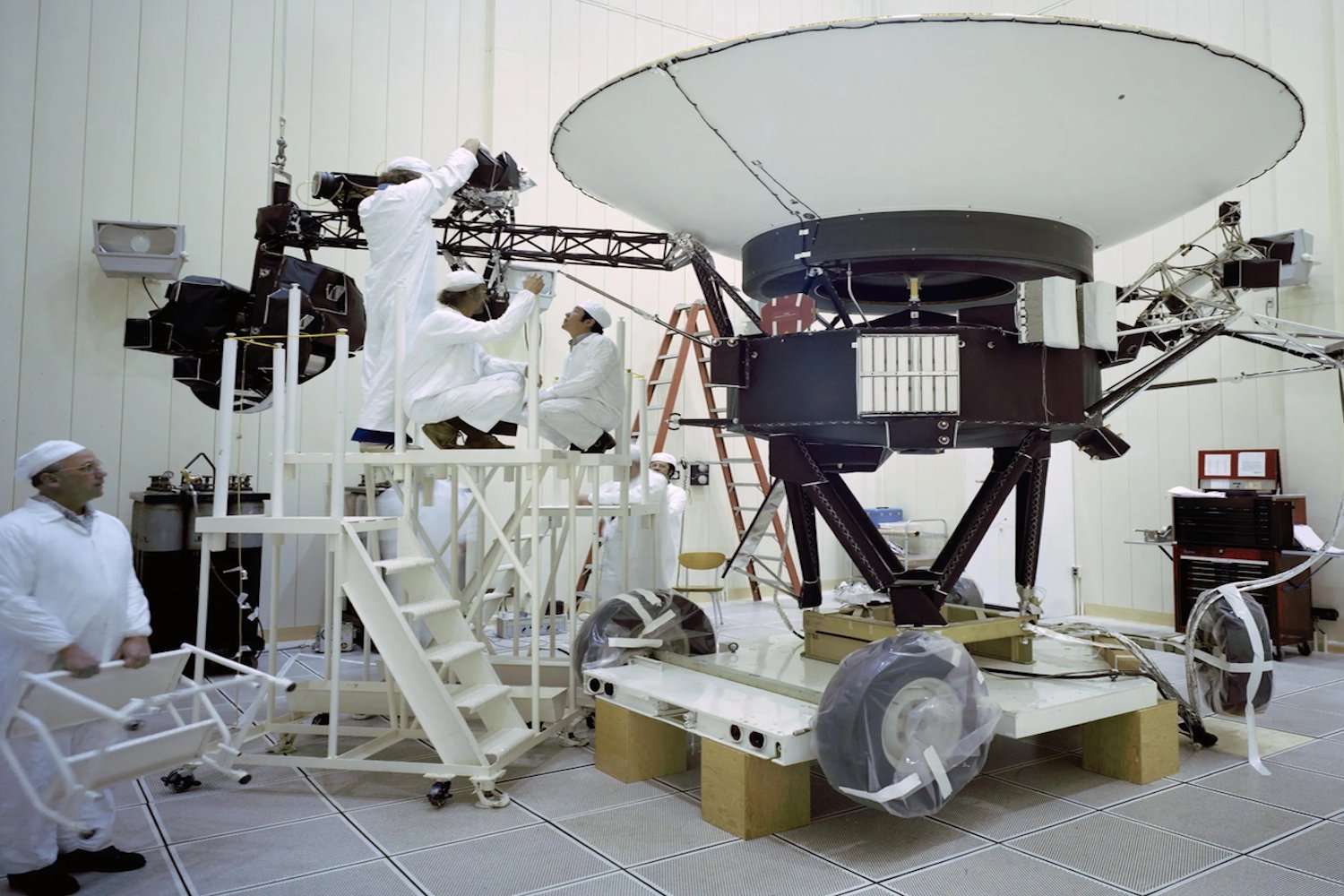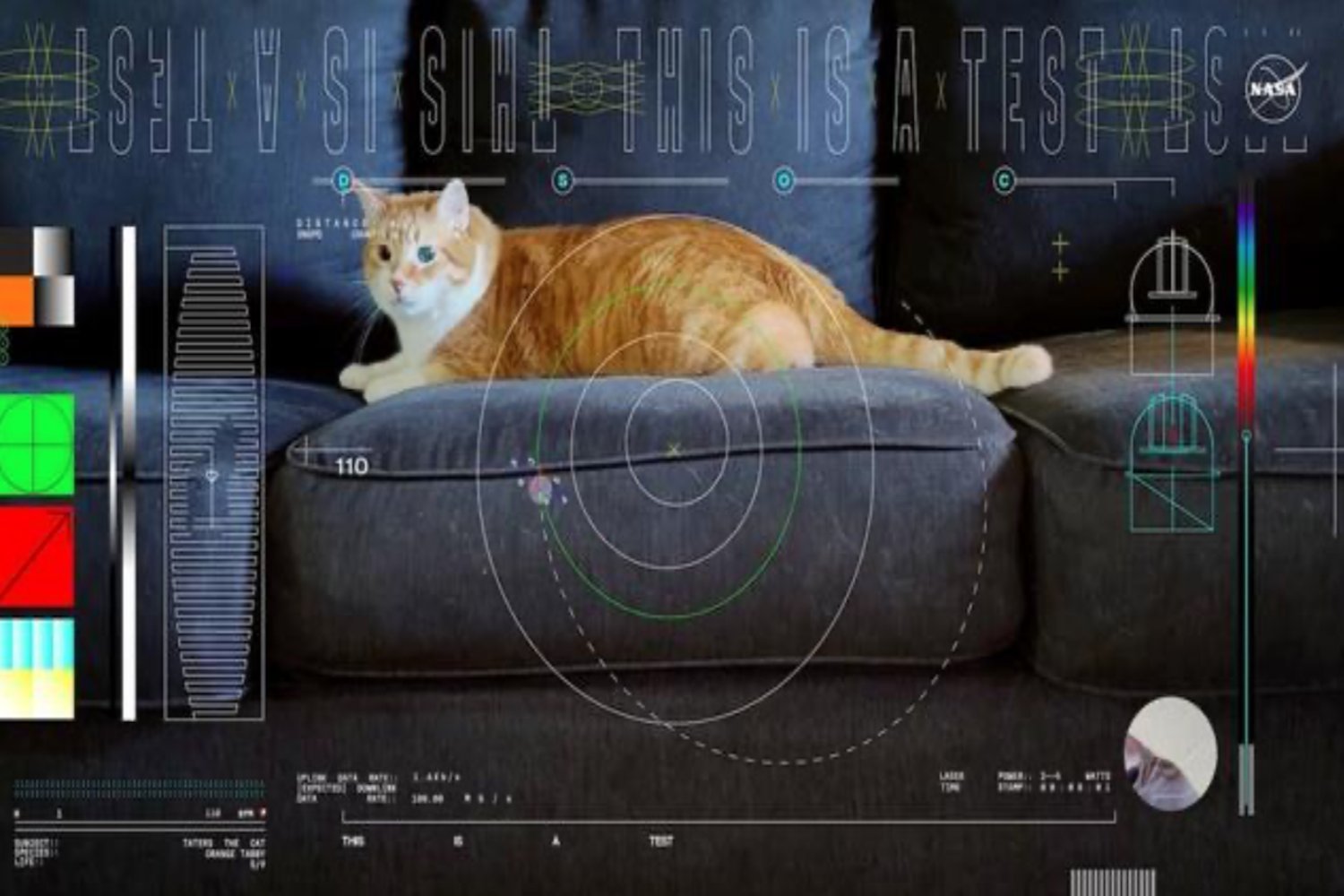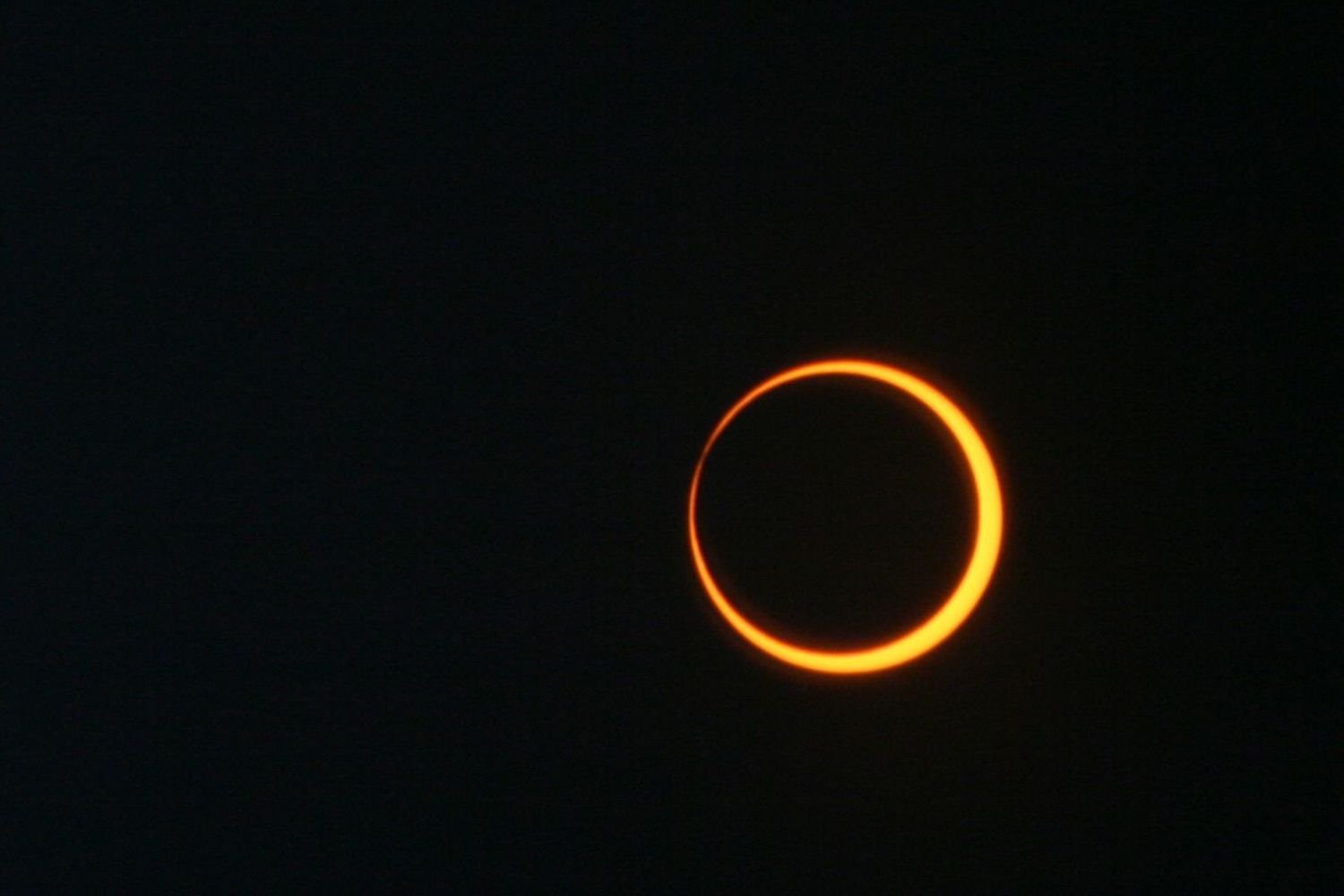The reliable Falcon 9 rocket has experienced another setback, marking its second grounding in a month. This time, an “off-nominal deorbit burn” during the Crew-9 mission has raised concerns about the launch vehicle’s performance.
On September 28th, Falcon 9 successfully launched the Crew-9 mission, sending NASA astronaut Nick Hague and Russian cosmonaut Aleksandr Gorbunov to the International Space Station aboard the Dragon crew capsule. However, the rocket’s upper stage encountered an issue during its planned deorbit burn, causing it to miss its designated landing zone. SpaceX acknowledged the incident on X (formerly Twitter), stating, “We will resume launching after we better understand root cause.” The duration of the grounding remains uncertain, impacting both private and governmental payloads reliant on the Falcon 9, which has already seen 89 launches in 2024. SpaceX’s ambitious goal of 148 Falcon 9 launches this year, surpassing the 98 missions in 2023, now faces further challenges.
Recent Falcon 9 Anomalies Raise Concerns
This isn’t the first anomaly for Falcon 9 in 2024. In late August, after deploying 21 Starlink satellites, the rocket’s booster toppled over and broke apart upon landing on a droneship, resulting in a fire. This incident, which ended a streak of 267 successful booster recoveries since February 2021, led to a temporary grounding by the U.S. Federal Aviation Administration. Falcon 9 returned to service quickly, launching another Starlink mission just three days later. However, this latest deorbit burn issue highlights a concerning trend for the usually dependable rocket.
Past Performance and Future Missions
In July, a separate upper stage malfunction prevented Falcon 9 from delivering its satellite payload to orbit, leading to another two-week grounding. An investigation identified an oxygen leak as the cause of the engine failure. These recent incidents contrast sharply with Falcon 9’s historical performance. The 135-foot-high (41 meters) rocket, capable of lifting over 50,300 pounds (22,800 kilograms) to low-Earth orbit, has completed over 350 missions since its 2010 debut.
With a demanding launch schedule, including the European Space Agency’s Hera mission planned for October 7th, SpaceX faces pressure to address these issues and ensure the Falcon 9’s reliability. The upcoming Hera mission’s fate now hinges on the timely resolution of the current grounding and a thorough understanding of the recurring anomalies.
The Impact of Groundings
Repeated groundings not only disrupt launch schedules but also raise concerns about the long-term reliability of the Falcon 9. The increased launch frequency in pursuit of record-breaking numbers may be contributing to these issues. SpaceX’s investigation into the “off-nominal deorbit burn” will be crucial in determining the root cause and implementing necessary corrective measures.
The space industry relies heavily on Falcon 9’s consistent performance, and these recent incidents underscore the importance of thorough investigation and continuous improvement in rocket technology. The outcome of SpaceX’s investigation will undoubtedly influence future launch strategies and the company’s approach to achieving its ambitious launch goals.



